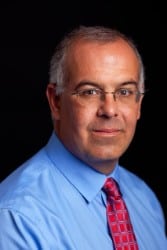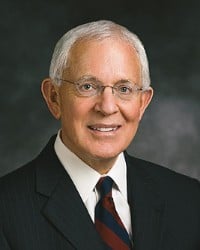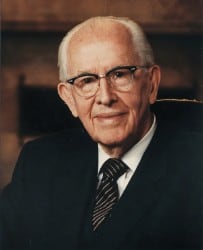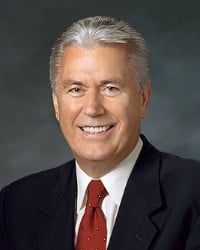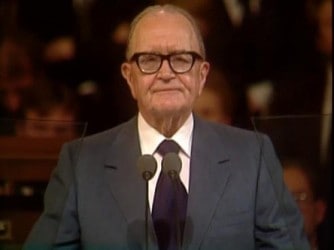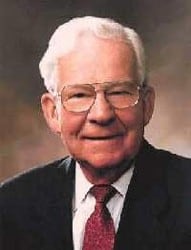“Twelve years ago President Ezra Taft Benson delivered a powerful conference address declaring that pride is “the universal sin, the great vice.” (“Beware of Pride,” Ensign, May 1989, p. 6) He taught that pride is essentially competitive in nature and made reference to his quote from C. S. Lewis: “Pride gets no pleasure out of having something, only out of having more of it than the next man. We say that people are proud of being rich, or clever, or good-looking, but they are not. They are proud of being richer, cleverer, or better-looking than others. If every one else became equally rich, or clever, or good-looking there would be nothing to be proud about. It is the comparison that makes you proud: the pleasure of being above the rest. Once the element of competition has gone, pride has gone. (Mere Christianity, 1960, p. 95 [or 109-110])”
Marlin K. Jensen
| “To Walk Humbly with Thy God,” Ensign, May 2001, p. 10
Topics: Money, Natural Man, Pride, Sin
